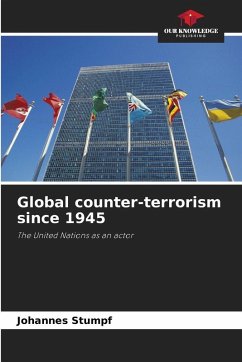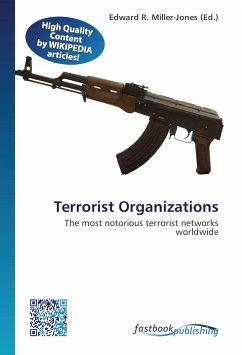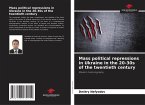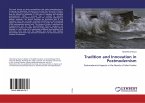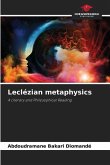Terrorism is not a new phenomenon. Depending on the definition, its origins date back centuries. During the 20th century and at the beginning of the 21st century, terrorism manifested itself in various forms and shapes in different regions of the world. What is new is the progressive internationalisation of terrorism. In addition to regional terrorism, international terrorism has presented the then young community of states, which was soon divided by the Cold War, with a difficult task since the middle of the 20th century. In this book, the author analyses the measures taken by the United Nations to prevent international terrorism. He discusses the possibilities and limitations of the United Nations and examines and assesses the preventive nature of multilateral agreements.
Bitte wählen Sie Ihr Anliegen aus.
Rechnungen
Retourenschein anfordern
Bestellstatus
Storno

